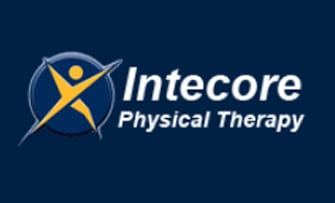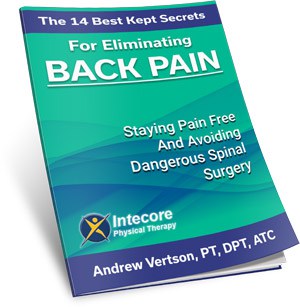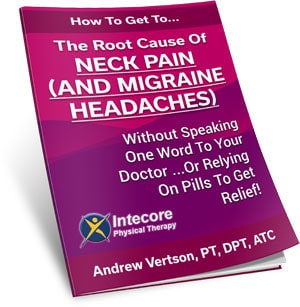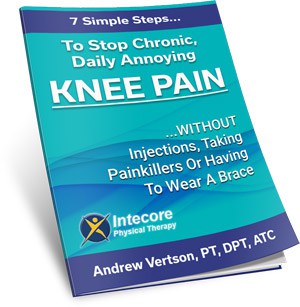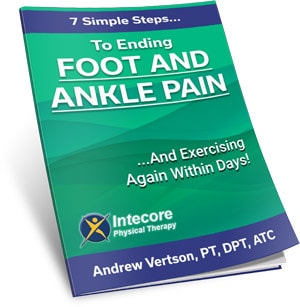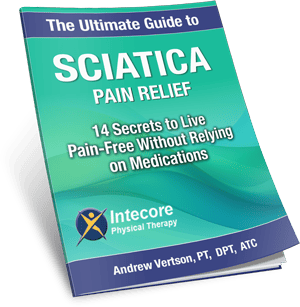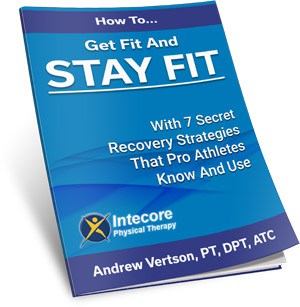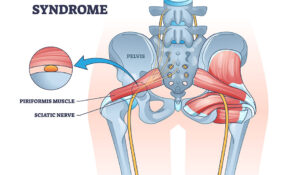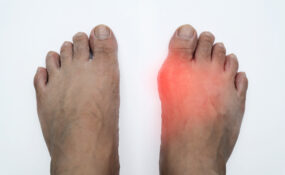
We’ve all been there. You go to bed feeling fine, but wake up with a stiff, aching shoulder that makes it hard to even reach for your morning coffee. That nagging pain can ruin your morning and set a negative tone for the entire day.
Most of us blame it on “sleeping wrong,” but what does that actually mean? And more importantly, what can you do about it?
At Intecore PT, we help patients overcome this exact problem every day. Here’s a breakdown of why your shoulder might be hurting after sleep and how physical therapy offers a real, long-lasting solution.
Common Causes for Shoulder Pain After Sleeping
While it feels like a simple issue, that morning shoulder pain is often caused by a combination of factors. The way you sleep can often expose an underlying issue that was already there.
1. Your Sleeping Position
This is the most direct cause. The shoulder is the most mobile joint in the body, which also makes it less stable. Certain sleeping positions put it under significant stress for hours at a time.
- Side Sleeping: Lying directly on one shoulder can compress the nerves and tendons, particularly the rotator cuff. This can reduce blood flow and lead to inflammation and pain, a condition known as bursitis or tendinitis.
- Stomach Sleeping: This forces your head and neck to be turned to one side, which can strain the neck and shoulder muscles. Often, people who sleep on their stomach will also tuck an arm up under the pillow, placing the shoulder in a strained, elevated position.
- Arm-Overhead Sleeping: Raising your arm above your head for long periods can pinch the tendons and structures in the shoulder joint, leading to a condition called shoulder impingement.
2. The Wrong Pillow or Mattress
Your sleep setup is critical for proper alignment.
- Pillows: A pillow that is too high or too low can force your neck into an unnatural angle, creating a chain reaction of strain that extends down into your shoulder muscles.
- Mattress: A mattress that is too soft allows your body to sink, while one that is too firm can create pressure points. Both can lead to poor spinal and shoulder alignment, causing muscles to work overtime even while you rest.
3. An Underlying Shoulder Condition
Often, “sleeping wrong” is just the final straw that aggravates a pre-existing, perhaps unnoticed, issue. Conditions that make you more susceptible to morning shoulder pain include:
- Rotator Cuff Tendinopathy: Inflammation or irritation of the tendons that stabilize your shoulder.
- Shoulder Bursitis: Inflammation of the bursa, the small, fluid-filled sacs that cushion the shoulder joint.
- Frozen Shoulder (Adhesive Capsulitis): Stiffness and pain in the shoulder joint.
- Shoulder Osteoarthritis: The breakdown of cartilage in the shoulder joint.
How Physical Therapy at Intecore PT Provides a Solution
While adjusting your pillows and sleeping position can offer temporary relief, it doesn’t fix the root cause. A physical therapist is trained to identify the specific source of your pain and create a plan to resolve it for good.
Here’s how our team at Intecore PT can help:
- A Precise Diagnosis: We don’t guess. Through a comprehensive evaluation of your movement, strength, and range of motion, we can pinpoint whether the pain is coming from a muscle strain, a joint issue, an irritated tendon, or even your neck.
- Hands-On Manual Therapy: Our therapists use skilled, hands-on techniques to gently mobilize stiff joints and release tight muscles. This provides immediate pain relief and restores proper movement to the shoulder, allowing it to heal.
- Customized Strengthening Program: Pain is often a sign of weakness or imbalance. We will design a targeted exercise program to strengthen your rotator cuff and the supporting muscles around your shoulder blade. A stronger, more stable shoulder is far more resilient to awkward sleeping positions.
- Education on Posture and Ergonomics: We’ll teach you about optimal sleeping postures, the best pillow setups for your body, and how your daytime posture at your desk or in the car might be contributing to your nighttime pain.
Don’t Let Morning Pain Become Your New Normal
Waking up with shoulder pain is a sign that your body needs help. Ignoring it can allow minor irritations to become chronic problems.
Stop the cycle of waking up in pain. Let the expert team at Intecore PT help you identify the real cause of your shoulder discomfort and build a plan for a stronger, pain-free future.
Ready to wake up feeling refreshed? Schedule your evaluation at Intecore PT today!
- Sciatica or Piriformis Syndrome? 3 Ways to Tell the Difference (Self-Test Guide) - December 22, 2025
- What Is Gout? Why It Happens and What You Can Do About It - November 17, 2025
- 3 Essential Back-Saving Tips You MUST Know Before Any Workout - November 14, 2025




